Dachshunds, known for their unique long bodies and short legs, have become beloved by dog enthusiasts around the world. However, like all dog breeds, they have specific dietary requirements that must be met to ensure they stay healthy and live a long life. It is crucial for Dachshund owners to understand “what can Dachshunds eat?“ in order to keep them in good health. This article will discuss the nutritional needs of Dachshunds, foods that are safe or harmful for them, and offer practical advice to help your furry companion stay as healthy as possible.
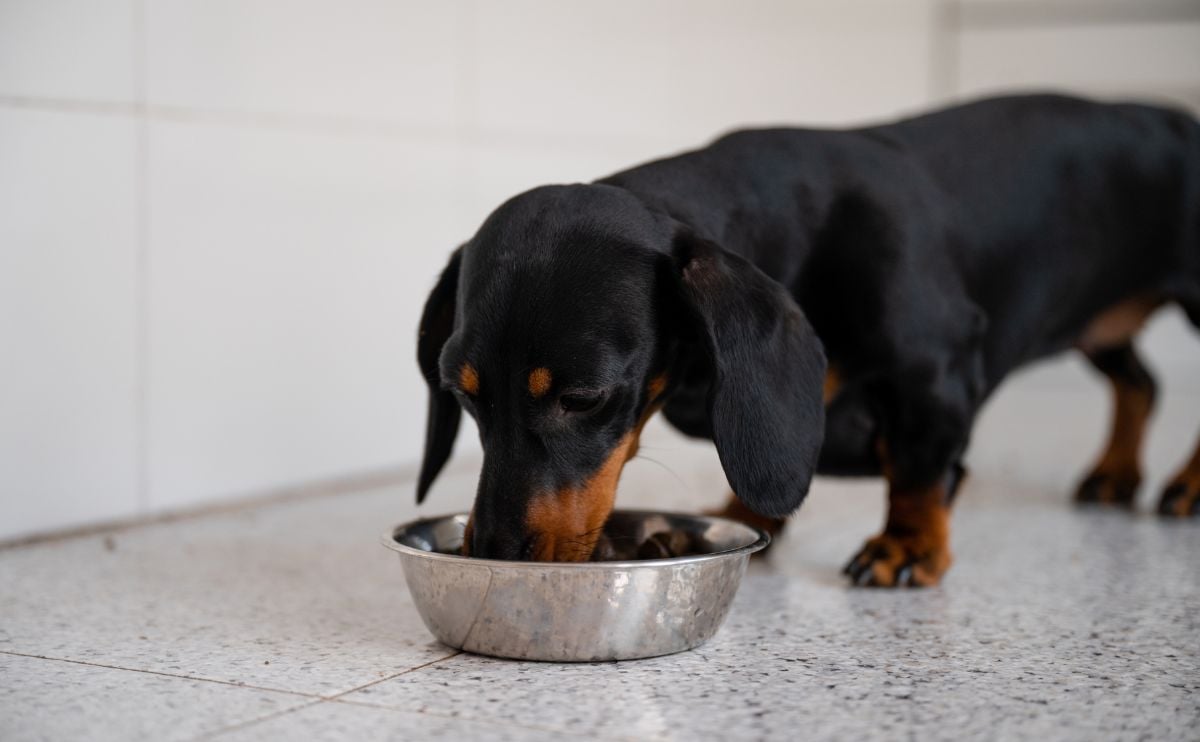
Understanding Dachshund’s Nutritional Needs
Each type of dog has specific dietary needs, and Dachshunds are no different. These lively small dogs require a well-rounded diet that is high in proteins, fats, vitamins, and minerals to sustain their active way of life and avoid typical health problems.
The Importance of a Balanced Diet
Ensuring a Dachshund’s health and lifespan requires a well-rounded diet. Good nutrition helps in building their muscles, maintaining a glossy coat, and strengthening their immune system. Knowing “what can Dachshunds eat?” is essential to give them the essential nutrients they need to flourish.

Essential Nutrients for Dachshunds
Essential nutrients for Dachshunds consist of top-notch proteins sourced from lean meats, beneficial fats, energy-providing carbohydrates, and a mix of vitamins and minerals. Having these elements in their food will support their overall health and avoid any nutrient deficiencies.
Tailoring Diet to Life Stages
The nutritional requirements differ based on whether your Dachshund is a puppy, adult, or senior. Puppies need higher protein levels for development, while seniors might require fewer calories to avoid becoming overweight. Understanding these distinctions is essential for developing a suitable feeding regimen.

Safe Foods and Foods to Avoid for Dachshunds
What can dachshunds eat?
Understanding “what food can Dachshunds eat” is crucial for maintaining a healthy diet. There are plenty of nutritious options that can be included in their meals, each with its own health benefits.
- Lean Meats: Chicken, turkey, and beef are great sources of protein for your Dachshund. Make sure the meat is fully cooked and bone-free to prevent any potential hazards.
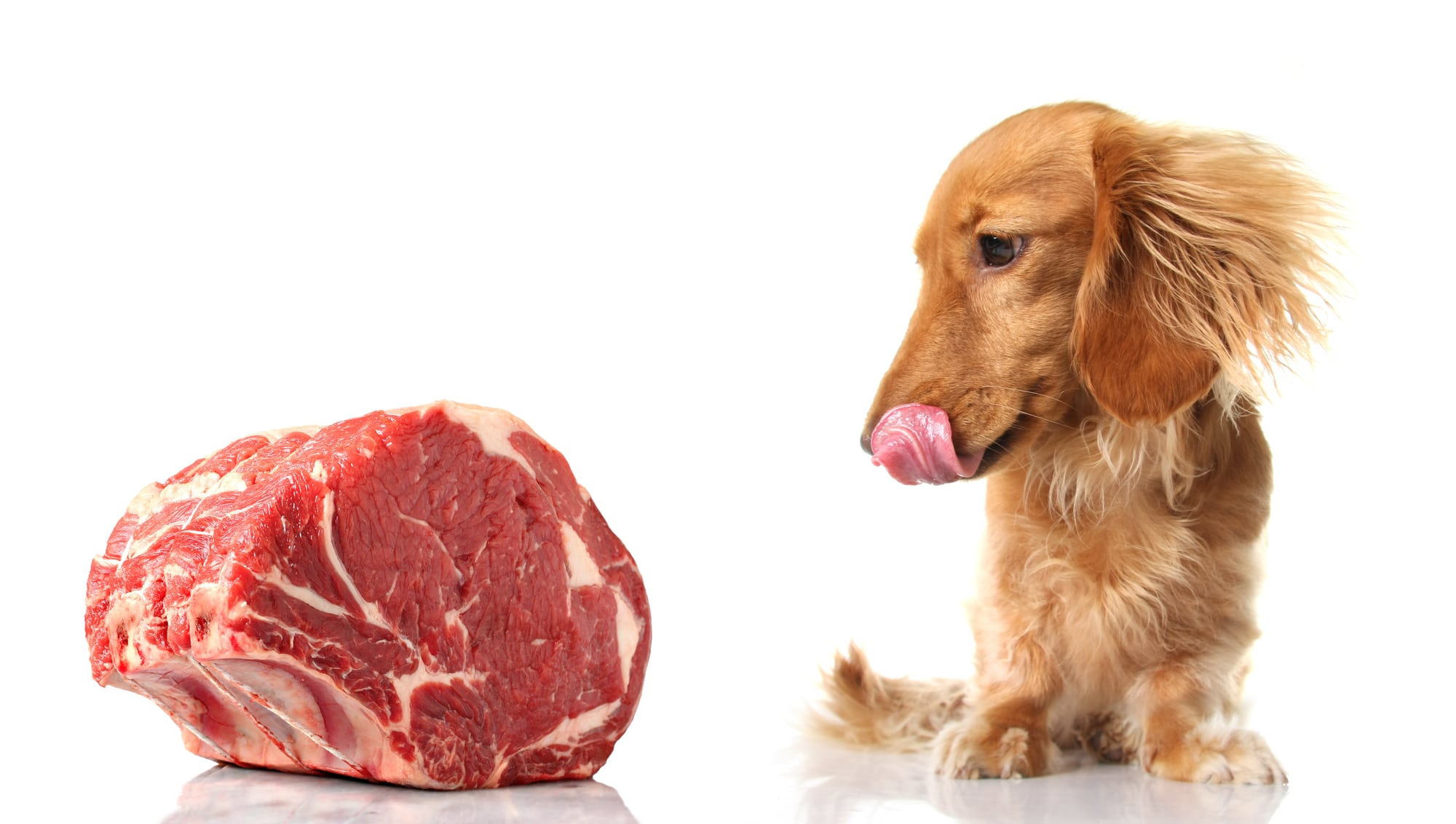
Lean Meats - Chicken: Provides a good amount of protein and fat balance. It’s best to remove the skin to avoid excess fat intake.

Chicken - Turkey: Another protein-rich option that dogs usually tolerate well.

Turkey - Beef: Offers essential vitamins and minerals, but choose lean cuts to manage weight.
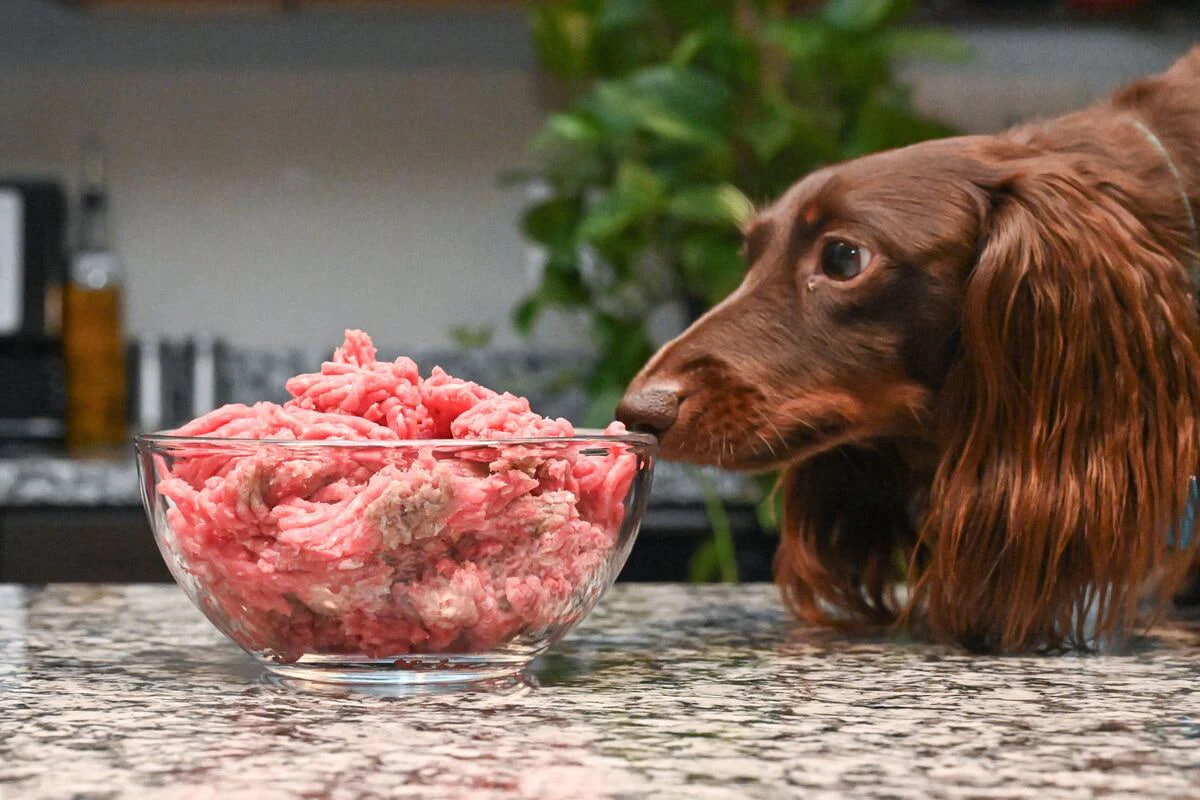
Beef - Vegetables and Grains: Adding vegetables and grains to your Dachshund’s diet can supply vital nutrients and fiber.
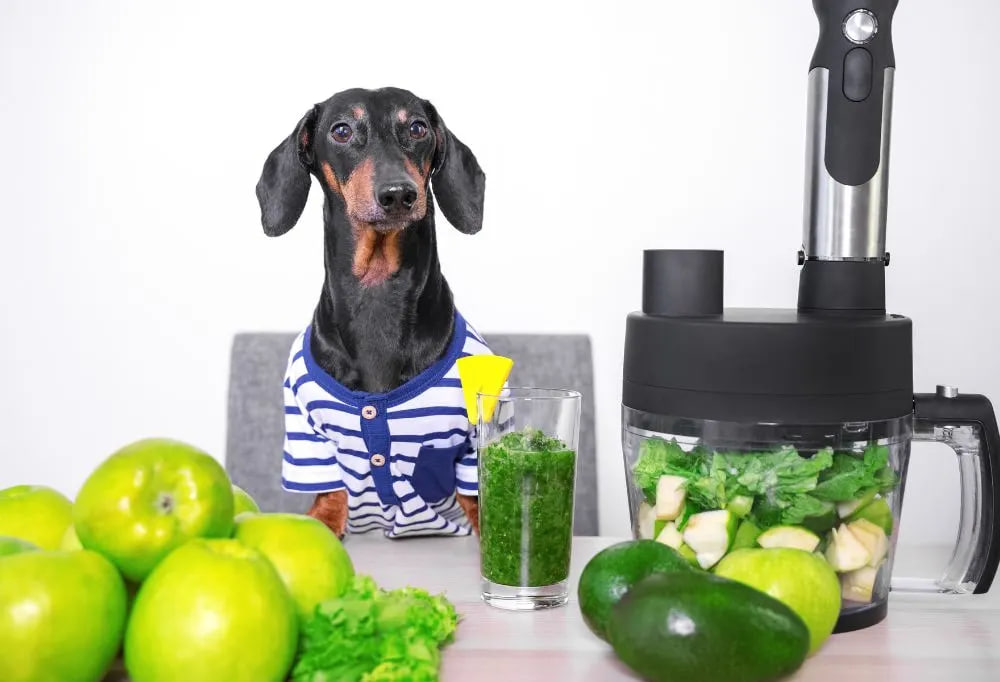
Vegetables and Grains - Carrots: A low-calorie, high-fiber, and vitamin-packed crunchy treat.

Carrots - Sweet Potatoes: High in beta-carotene and dietary fiber.
- Rice: A easily digestible grain that can fill out your dog’s meals. Opt for brown rice for more nutrients.
- Chicken and Rice: A gentle combo that provides a balanced mix of protein and carbohydrates.
- Turkey and Sweet Potato: A festive meal choice with a blend of protein and vitamins.
- Beef and Carrots: A hearty and nutritious option.
- Mixing Safe Foods: By combining these ingredients, you can create well-rounded meals to meet your Dachshund’s nutritional needs.
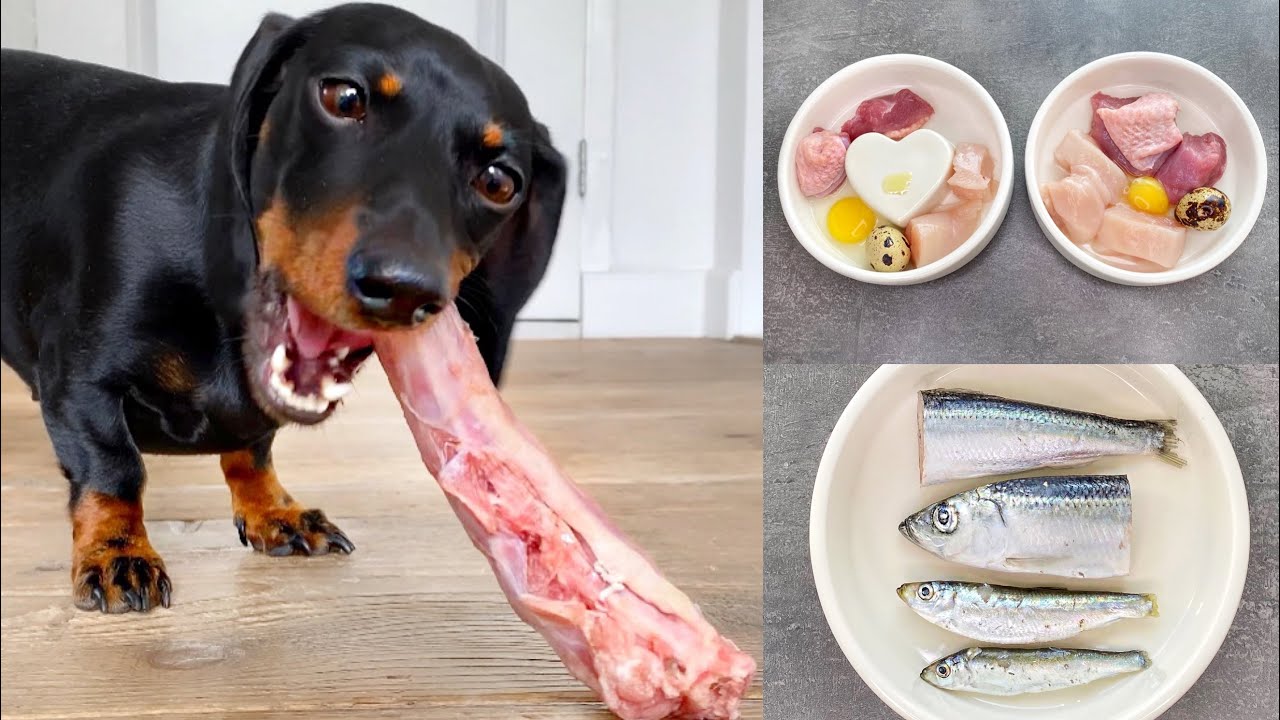
Mixing Safe Foods
Foods to Avoid for Dachshunds
There are many safe food options for your Dachshund, but it’s important to be aware of foods that can be harmful or even fatal to them.
- Harmful Foods: Certain foods are dangerous for dogs and should never be given to them.
- Chocolate: Contains theobromine, which is poisonous to dogs.
- Grapes and Raisins: Can result in kidney failure in dogs.
- Onions and Garlic: Harmful to red blood cells and can cause anemia.
- High-Fat Foods: Can lead to obesity and pancreatitis.
- Salty Treats: Excessive salt consumption can lead to sodium ion poisoning.
- Potential Health Hazards: Some foods may not be immediately toxic, but can pose serious health risks if consumed regularly or in large amounts.
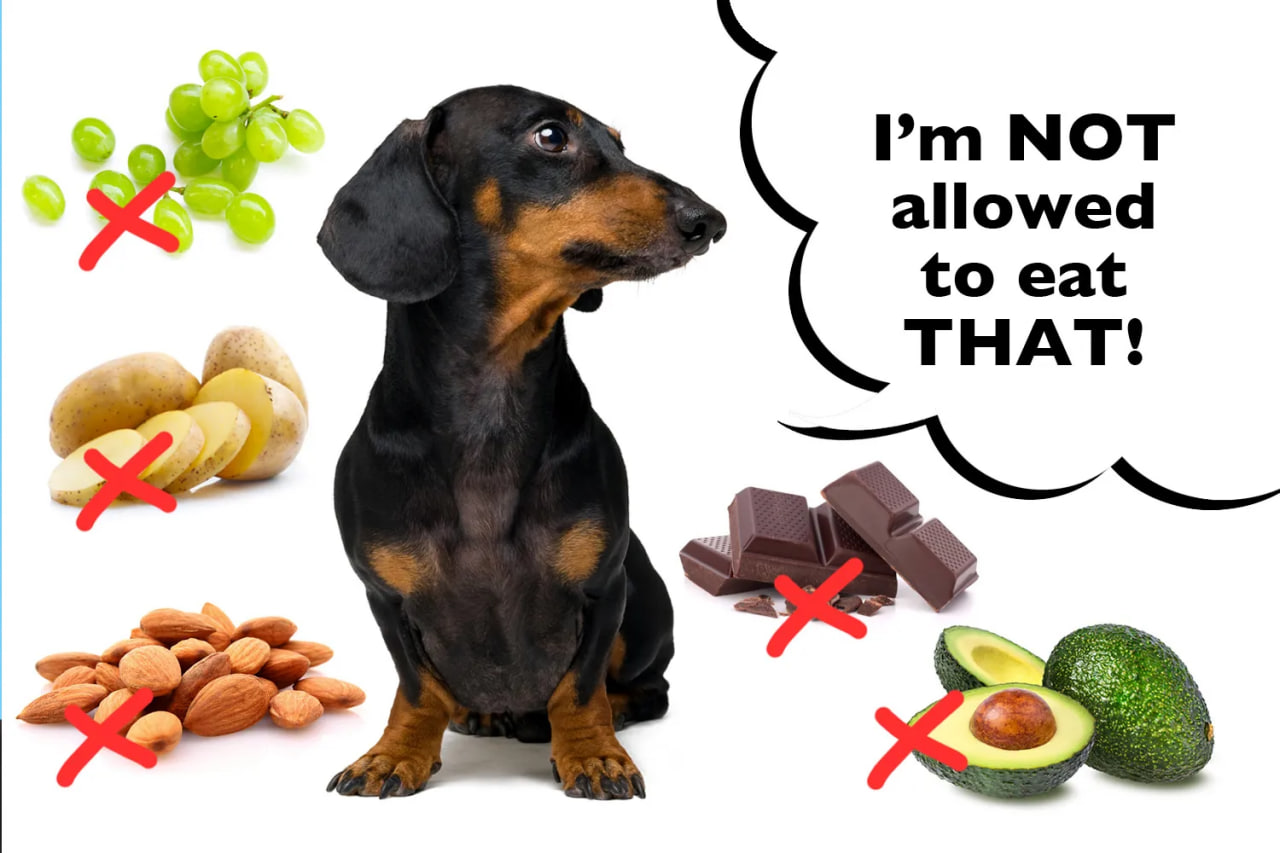
Foods to Avoid for Dachshunds
Homemade vs Commercial Dog Food
Deciding between making your own dog food and buying commercial dog food requires considering the advantages and disadvantages of each choice. Knowing “what food can Dachshunds eat” from both homemade and store-bought options will enable you to make a well-informed choice.
Pros and Cons of Homemade Food
Pros of making “Homemade dog food for Dachshunds” include the ability to manage the ingredients and customize meals according to your Dachshund’s individual requirements. On the other hand, a downside is that it may take up a lot of time and expertise to guarantee proper nutritional balance.

Pros and Cons of Commercial Food
Advantages: Ready-made dog food is convenient and designed to fulfill nutritional requirements, although some brands may not use top-quality ingredients. Disadvantages: It’s crucial to select trustworthy brands that value your dog’s well-being.
Making the Best Choice
Seeking advice from your vet can assist in deciding whether homemade or store-bought food is more suitable for your Dachshund. They can offer suggestions on how to prepare well-rounded meals or suggest reputable commercial options.
Special Dietary Considerations
Specific dietary adjustments are needed to maintain the health of your Dachshund at different stages of life and with various health conditions.
Puppies vs Adults vs Seniors
Young dogs require higher calorie and protein intake for growth, whereas mature Dachshunds should follow a well-rounded diet. Older dogs might need fewer calories but increased nutrients like glucosamine and chondroitin for joint health.
Addressing Health Issues with Diet
Diet is very important in controlling common health problems like obesity, dental issues, and allergies. For example, consuming foods rich in fiber can assist in managing weight, and feeding hypoallergenic dog food can relieve allergy symptoms.
Supplements and Vitamins
Adding supplements to your Dachshund’s food can improve their diet, particularly if they have certain health problems. Omega-3 fatty acids help maintain healthy skin and coat, while probiotics aid in better digestion.

Feeding Schedule and Portion Control
Creating a consistent feeding routine and managing portion sizes are crucial for keeping your Dachshund healthy.
Recommended Feeding Schedule
Many Dachshunds thrive on a feeding schedule of two meals daily, one in the morning and one in the evening. This pattern aids in managing their metabolism and avoiding excessive eating.
Portion Control
The quantity of food your Dachshund requires is determined by their age, weight, and how active they are. Giving them too much food can cause obesity, putting strain on their spine and joints. Using a measuring cup can help you avoid overfeeding.
Tips for Preventing Obesity
Regularly check your Dachshund’s weight and adjust their diet accordingly. Include exercise such as walks and play to ensure they stay active and in good health.

Frequently Asked Questions About What Can Dachshunds Eat
Q: Is it safe to feed Dachshunds dairy products?
A: Certain Dachshunds may be able to handle small servings of dairy such as plain yogurt or cheese. Nevertheless, a lot of dogs have trouble digesting lactose, so it’s best to introduce dairy gradually and monitor for any digestive issues.
Q: What should I avoid feeding my Dachshund?
Avoid giving Dachshunds chocolate, onions, garlic, grapes, raisins, avocados, caffeine, or alcohol as these foods can be harmful and lead to severe health problems.
Q: How often should I feed my Dachshund?
Adult Dachshunds usually thrive on two meals a day, while puppies may need to eat more often. It’s best to talk to your vet to figure out the most suitable feeding routine for your dog.
Read more at: Best dog food for Dachshunds
Conclusion
Knowing what can Dachshunds eat is crucial for keeping them healthy and happy. By offering a well-rounded diet, steering clear of harmful foods, and seeking advice from a vet, you can guarantee your Dachshund enjoys a lengthy and thriving life. Follow these guidelines to provide your beloved pet with optimal nutrition. And remember, if uncertain, seek guidance from your veterinarian for the most suitable dietary recommendations.

